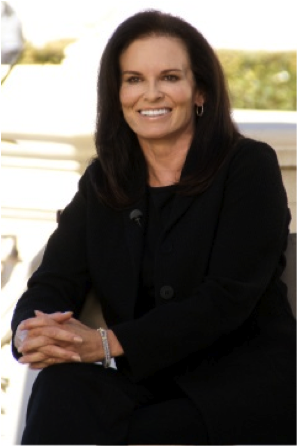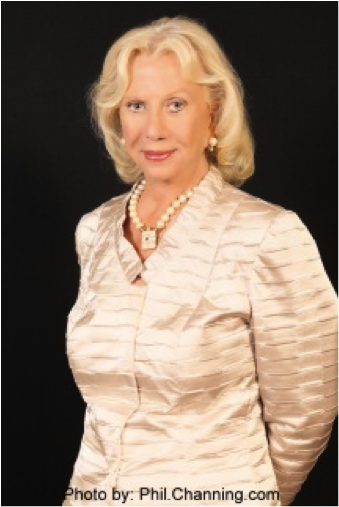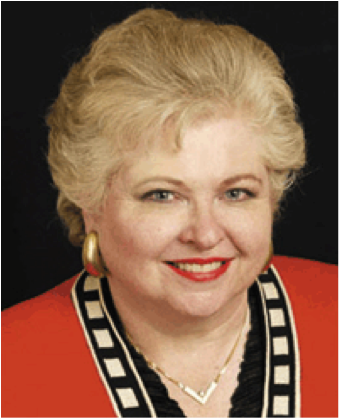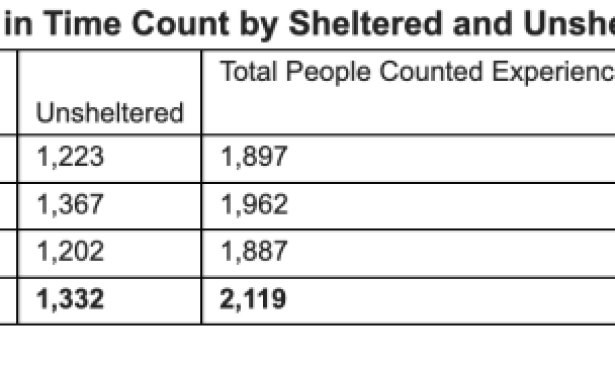Domestic Violence Solutions Announces the 6th Annual High Esteem Tea

Key Note Speaker Denise Brown
Since early 1995 Denise Brown has traveled to various states speaking on the epidemic of domestic violence. She has addressed university student bodies, men in prison and in batterers’ treatment programs, women at risk, church groups and various educational and legislative forums. Ms. Brown has helped raise funds for local shelters all across the country with her appearances, and has assisted in the success of a major project called the Vine System. This Program is an automated victim notification service of the release of batterers from jail or prison.
As part of her commitment, Ms. Brown has worked to help pass a variety of legislative solutions for domestic violence. One of her most important projects was to lobby on behalf of the Violence Against Women Act. Senator Arlen Spector of Pennsylvania contacted Ms. Brown and asked for her assistance on a portion of the bill that was being stalled in committee in the U.S. Senate. With a potential slashing of its federal allocation to domestic violence services, Denise Brown testified to the U.S. Senate Appropriations Committee for increased funding for the Violence Against Women Act. After her testimony, that portion of the bill’s funding was increased from eighteen million to thirty-two million dollars. U.S. Senators Biden and Hatch have cited Denise Brown as “having done more for the issue of domestic violence than any other individual.”

DVS Honoring Betty J. Stephens
Betty J. Stephens, a local activist, philanthropist and longtime outspoken advocate for women’s reproductive rights. She is an ardent supporter of Domestic Violence Solutions for Santa Barbara County, Planned Parenthood and the Action FUND and has a history of supporting pro-choice democratic candidates running for local, state and federal office.
Her political friends are too numerous to count but include: former Presidents Bill Clinton and Jimmy Carter, Speaker Nancy Pelosi, Senator Barbara Boxer, former Governor Gray Davis, and Gubernatorial candidate Jerry Brown.
Betty wrote her story of domestic violence in the DVS book If Love Hurts, and has been a strong advocate for women’s empowerment.

Presenting award Sarah Weddington
After graduating, Weddington found it difficult to find a job with a law firm. She instead joined a group of graduate students at University of Texas-Austin that was researching ways to challenge various anti-abortion statutes. After deciding that a woman should helm a lawsuit to challenge Texas’ statute, Weddington volunteered.[4]
Soon after, a pregnant woman named Norma McCorvey visited a local attorney seeking an abortion. The attorney instead assisted McCorvey with handing over her child for adoption, and after doing so, referred McCorvey to Weddington and Linda Coffee. In March 1970, Weddington and her co-counsel filed suit against Wade, the Dallas district attorney and the person responsible for enforcing the anti-abortion statute. McCorvey became the landmark plaintiff, and was referred in the legal documents as “Jane Roe” to protect her identity.
Weddington first stated her case in front of a three-judge district court on May 1970 in Dallas. The district court agreed that the Texas abortion laws were unlawful, but the state appealed the decision, landing it before the United States Supreme Court.
Weddington appeared before the Supreme Court in 1971 and again in the fall of 1972. Her argument was based on the 1st, 4th, 5th, 8th, 9th and 14th amendments, as well as the Court’s previous decision in Griswold v. Connecticut, which legalized the sale of contraceptives based on the right of privacy. Of the experience, Weddington later stated, “There was a sense of majesty, walking up those stairs, my steps echoing on the marble. I went to the lawyers’ lounge — to go over my argument. I wanted to make a last stop before I went in — but there was no ladies’ room in the lawyer’s lounge.”
The Court’s decision was ultimately handed down in January 1973, overturning Texas’ abortion law by a 7-2 majority, and legalizing abortion within the first trimester of a woman’s pregnancy. By then, Weddington had been elected a state legislator. At the age of 27, Weddington remains the youngest person to argue a successful Supreme Court case.

